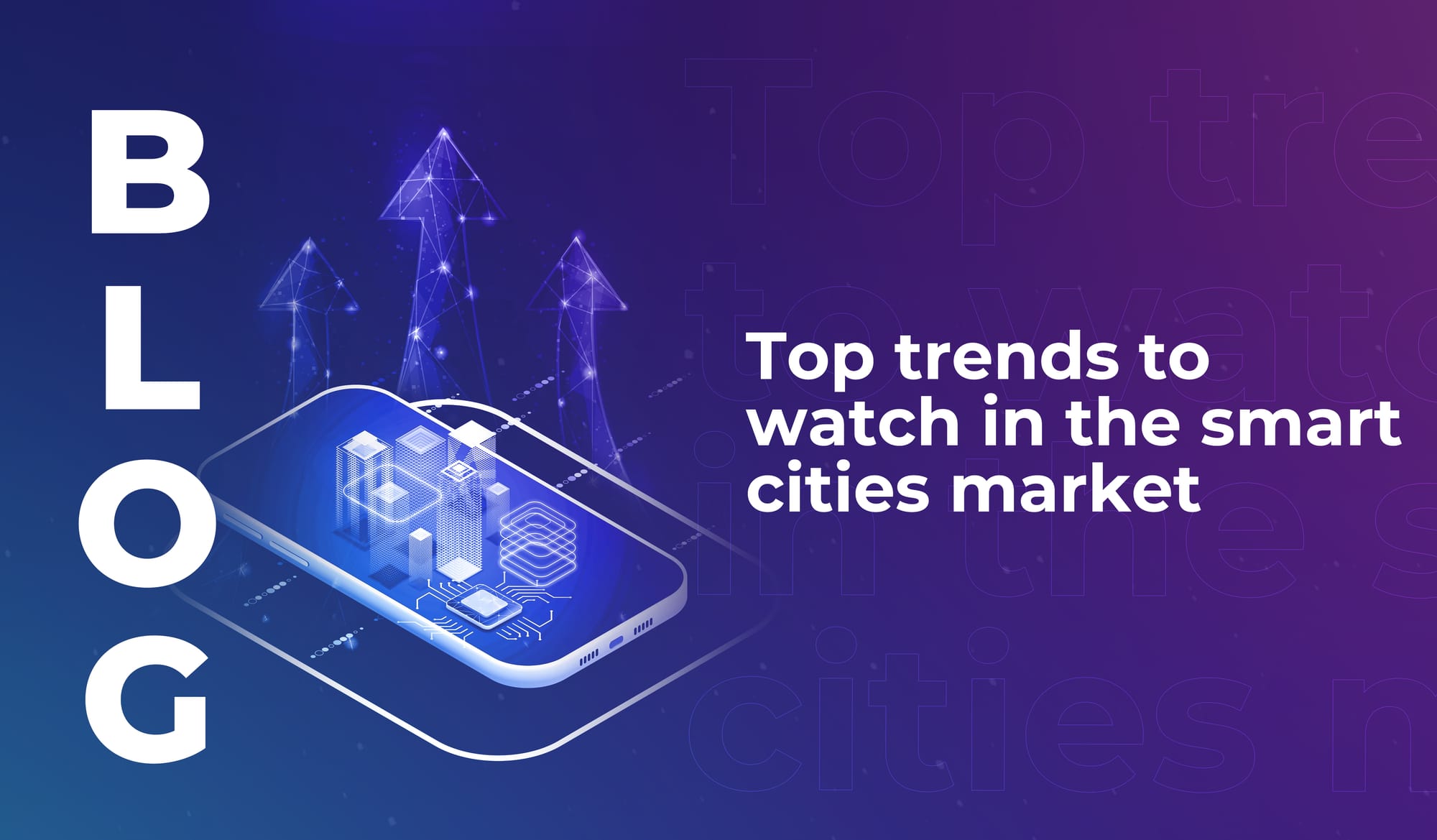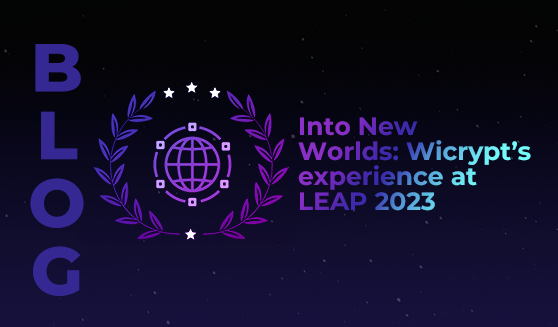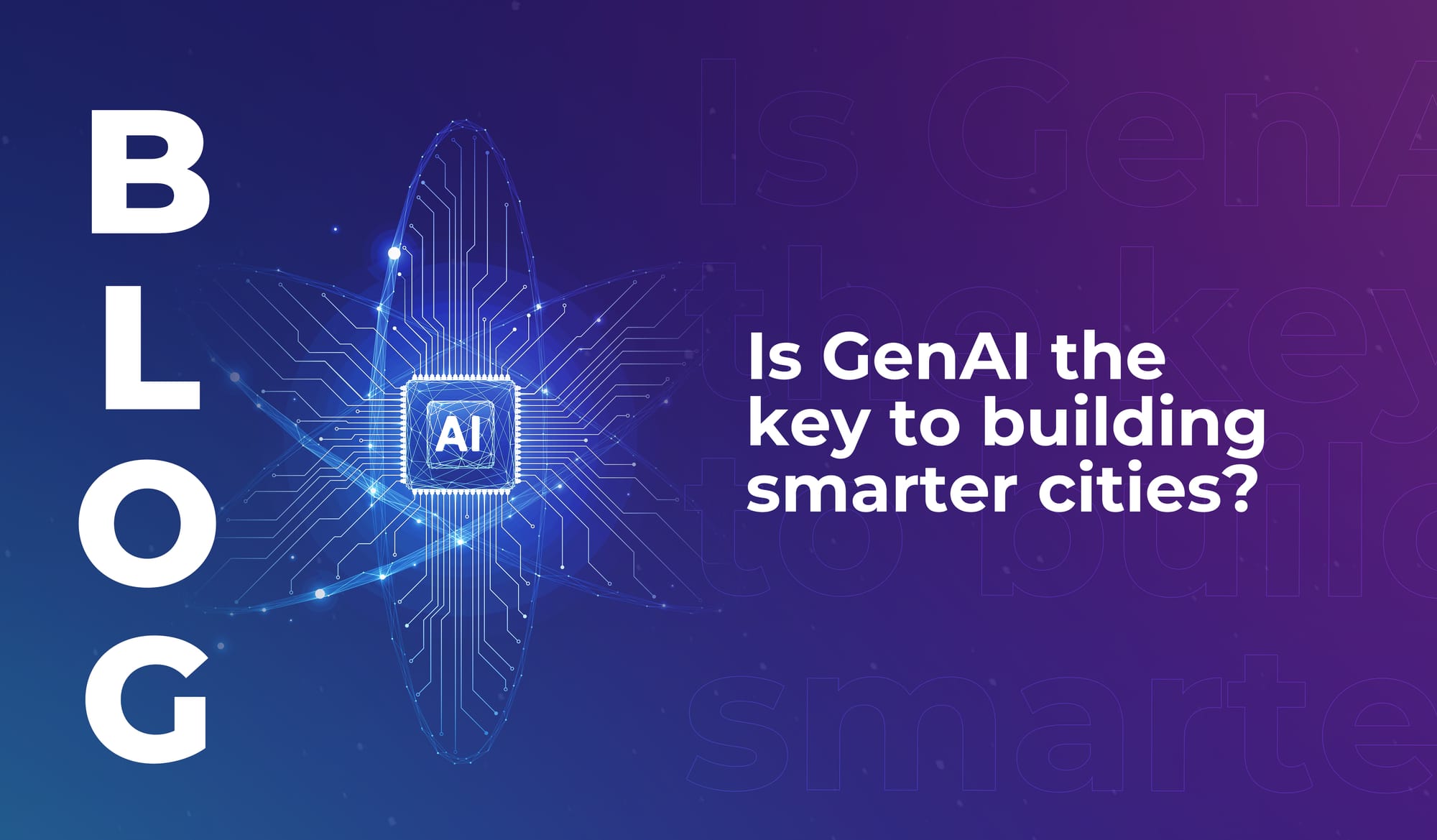
Top trends to watch in the smart cities market
Explore key smart city market trends for 2025–2030, from EV infrastructure to AI-powered waste systems – backed by the latest industry report.


“The feeling was like nothing I had ever experienced before.”
This is how Ugochukwu Aronu (Founder at Wicrypt) described the moment when he heard his startup’s name called out as the winner of the Into New Worlds award, in the 2023 Rocket Fuel Competition at LEAP.
Aronu was a software engineer in Nigeria before he started Wicrypt. One day, while working at the office, his employer’s internet provider lost signal – and as a programmer, not having access to the internet felt like “being blocked from the universe.”
To handle that moment of lost connection, Aronu asked his colleagues if they’d share their hotspot with him – but they said no, because it’d consume too much of their data. They said they couldn’t measure the amount of data he would use, so they wouldn’t know how much to bill him – there was no technology to support the sharing of data, quantify it, and enable accurate repayments.
So Aronu decided to solve that problem. He wanted to create a system that would allow users to share their internet data and get paid in real time.
After getting expert collaborators on board, Wicrypt launched in 2018. Since then, the startup has secured a government grant and partnership in Enugu state to provide WiFi to more than 3 million residents.
And this year, Wicrypt achieved visibility on a global platform – at LEAP 2023.
“I decided to enter the Rocket Fuel Competition because it was going to give me an opportunity to show the world what we were doing. It was also an opportunity to win a huge grant that would be very important to my company.”
“The feeling was like nothing I had ever experienced before. For a moment, I questioned if they announced the correct name because I did not believe it for some time. I could not contain the joy that filled my heart. All I could say in my heart was ‘Thank God’.”
“Since the LEAP 2023 awards, we have onboarded two more manufacturers that have licensed the Wicrypt Operating System (Wicrypt OS). This is a very huge milestone as our business model is focusing more on working with businesses, and licensing our operating system to them, so they can power their hardware with it.
“We’ve also started working closely with one of the biggest telecommunications companies in Nigeria.”
“Firstly, improve the current product experience, increase partnerships with manufacturers and telecommunications companies.
“Secondly, do more in Research and Development. There is a lot to discover in the world of communication. I have a firm belief that one day, we will be able to communicate without the help of heavy equipment such as satellites and masts and just pure natural waves.”
“Go for it with everything you got because it will be well worth it in the end, whether you win or not. Millions of people will know about your startup and that will give you the much needed leap to propel your company.”
Thanks to Ugochukwu Aron at Wicrypt. Want to win the Rocket Fuel Startup Competition in 2024? Learn more.

Explore key smart city market trends for 2025–2030, from EV infrastructure to AI-powered waste systems – backed by the latest industry report.

Learn how generative AI is unlocking the true potential of digital twins – to make smart cities more efficient, inclusive, and citizen-focused.

The smart cities of the future will use tech to lower emissions, cut urban temperatures, and improve quality of life in highly populated areas.

Explore key smart city market trends for 2025–2030, from EV infrastructure to AI-powered waste systems – backed by the latest industry report.

Learn how generative AI is unlocking the true potential of digital twins – to make smart cities more efficient, inclusive, and citizen-focused.

The smart cities of the future will use tech to lower emissions, cut urban temperatures, and improve quality of life in highly populated areas.